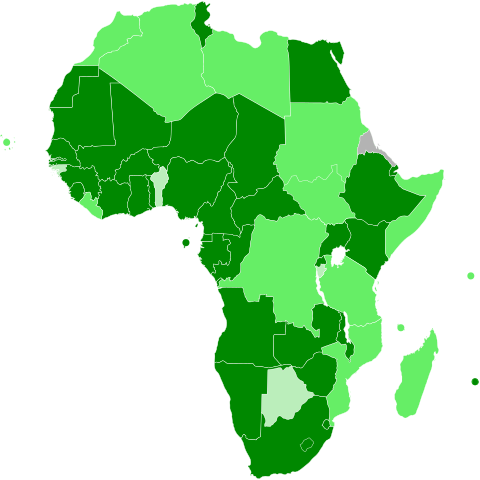By Jean Baptiste HARELIMANA, President of the Orientation Council, IAM, Lawyer at the Nanterre Bar
Since the adoption of the Universal Declaration of Human Rights, there has been a broad consensus that torture is unacceptable and that it is a crime under international law. The prohibition of torture does not seem to require flexibility, since on the contrary, it is characterised in normative terms by its absolute nature. In the various international or national instruments, nothing seems to allow exceptions to this prohibition and it is often stated that the absolute prohibition of torture is nowadays a major achievement of international law.
Regional systems for the protection of human rights are rich in normative phenomena. They make it possible, on the basis of various factual situations, to study the normative trajectories as they unfold between the poles of official and unofficial standards. Thus, the trajectory of standards for the prevention of torture and the promotion of the fight against torture, as implemented by intergovernmental and non-governmental bodies, will be studied in order to isolate the official and unofficial standards that apply to it.
Since the adoption of the Universal Declaration of Human Rights, there has been a broad consensus that torture is unacceptable and that it is a crime under international law. The prohibition of torture does not seem to require flexibility, since on the contrary, it is characterised in normative terms by its absolute nature. In the various international or national instruments, nothing seems to allow exceptions to this prohibition and it is often stated that the absolute prohibition of torture is nowadays a major achievement of international law.
However, torture is neither a new nor an obsolete practice, since even democratic countries that defend human rights practice it in a continuous and organized manner. Indeed, there is a concomitant discursive and normative opposition to torture and a permissive practice.
The Guidelines and Measures for the Prohibition and Prevention of Torture and Cruel, Inhuman or Degrading Treatment or Punishment in Africa, commonly known as the Robben Island Guidelines (LDRI), undoubtedly represent a clear step forward in the prevention of torture, including the protection and guarantee of the dignity of persons deprived of their liberty in Africa. They reflect a desire to humanize their treatment, which is the result, on the one hand, of taking into account the need to prevent torture and inhuman treatment of persons deprived of their liberty and, on the other hand, of rejecting impunity by establishing new prohibitions and giving victims a place.
Read the Note.



